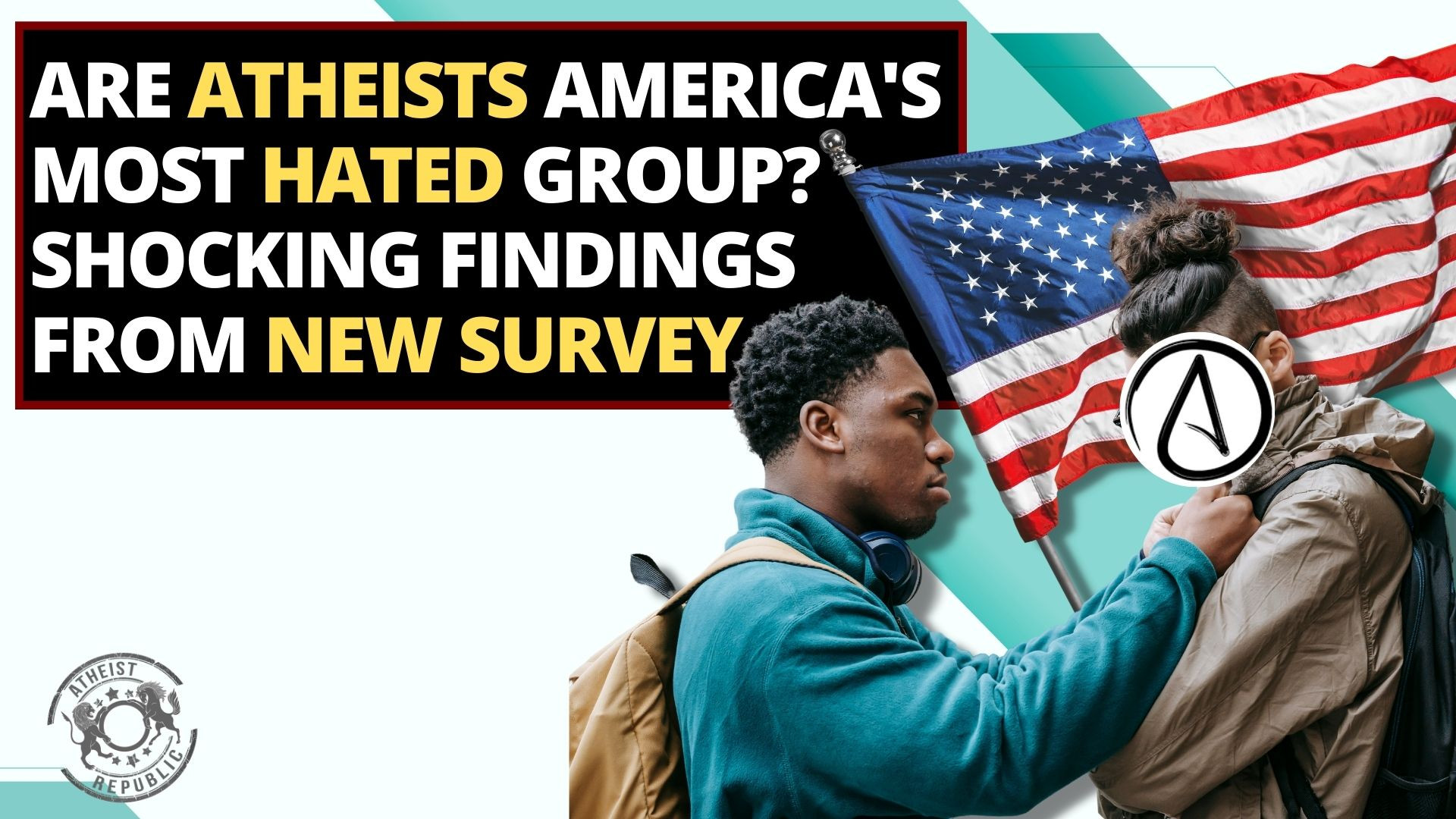
The Pew Research Center published a new report on March 15th, revealing how Americans view different religious groups in the country. Conducted from September 13 to 18, 2022, the survey gathered data from 10,588 participants, with a margin of error of 1.5%.
The study discovered that 40% to 60% of the respondents said they hold “neither favorable nor unfavorable” views or “don’t know enough to say” when asked if they had positive or negative feelings towards other religious groups.
Most U.S. adults do not express negative feelings toward multiple religious groups. In fact, about four-in-ten Americans (41%) do not express an unfavorable view toward any group mentioned in our survey. https://t.co/mIYCzDTnk3 pic.twitter.com/1jjh8vAr8x
— Pew Research Religion (@PewReligion) March 21, 2023
According to Patricia Tevington, the survey's lead researcher, the study's results speak to most people not wanting to rate entire groups of other people due to fear of stereotyping. The results are also affected by the size of the surveyed religious groups since most people tend to rate their religious groups more positively.
However, many of the respondents had more positive views of certain religious groups, with Jews, mainline Protestants, and Catholics ranking higher compared to other faiths, particularly Muslims, Mormons, Evangelical Christians, and atheists.
NEW: Far more Americans express favorable than unfavorable views of Jews, mainline Protestants and Catholics, according to our new survey that measures U.S. adults’ broad sentiments toward several religious groups. https://t.co/8xDoKFL4jP
— Pew Research Center (@pewresearch) March 15, 2023
35% of the respondents viewed Jews more positively than negatively, with only 6% of Americans expressing such sentiment. Mainland Protestants and Catholics were also viewed more positively, about 30% and 34%, respectively.
On the other hand, only 20% of Americans had favorable views of atheists, compared to 24% who had negative opinions of the group. Other religious groups ranked lower were Muslims at 17% and Mormons at 15%.
At the other end of the spectrum, more Americans express negative than positive attitudes toward atheists, Muslims and Mormons (members of the Church of Jesus Christ of Latter-day Saints), although most Americans give a neutral response when asked about most groups pic.twitter.com/FNkfq9YJgW
— Pew Research Center (@pewresearch) March 15, 2023
Many Americans were also divided on Evangelical Christians, with about 28% of respondents saying they have favorable views of the group compared to 27% who don’t. The study also pointed out the significant difference between how Evangelicals are rated by all Americans (including Evangelicals themselves) and how non-Evangelicals view them.
Among Americans who are not born-again or evangelical Protestants, views of evangelical Christians are far more negative than positive. https://t.co/rnSV6WhxSS pic.twitter.com/T7YFNqP7y8
— Pew Research Religion (@PewReligion) March 15, 2023
The report also showed atheists' feelings about other religious groups and vice versa. It also pointed out that atheists are viewed negatively, on balance, both by non-atheists and Americans in general.
The majority of the study’s atheist respondents (72%) said they hold favorable views of their group, which is also true for other religious groups such as Catholics (66%), Mormons (80%), and Jews (81%).
Atheists were also more likely to view other religious groups negatively, including Muslims, Mormons, and Evangelical Christians. Around 79% of atheists say they hold unfavorable views of Evangelicals compared to just 3% who view them more positively. The feeling is mutual for Catholics and Protestants, who gave atheists negative ratings.
However, the report discovered that atheists gave Jews net positive ratings, and Jews are the only religious group more likely to express positive than negative views toward atheists.
Younger Americans have more positive views of atheists than older Americans, explained our president @nicholasrfish. Young adults give atheists a net favorability rating of +11 versus -20 for evangelicals. https://t.co/ip8ZteIERk
— American Atheists (@AmericanAtheist) March 16, 2023
Although 41% of Americans don’t hold negative perceptions toward any religious group, around a quarter (24%) view at least one religious group more negatively, with atheists and Evangelicals being the most common groups singled out.
The study also found another essential factor that affects how Americans see different religious groups: Political affiliation. On average, Democrats view atheists and Muslims more favorably than Republicans. Conversely, Republicans are likely to view Evangelicals and Catholics more favorably than Democrats.
